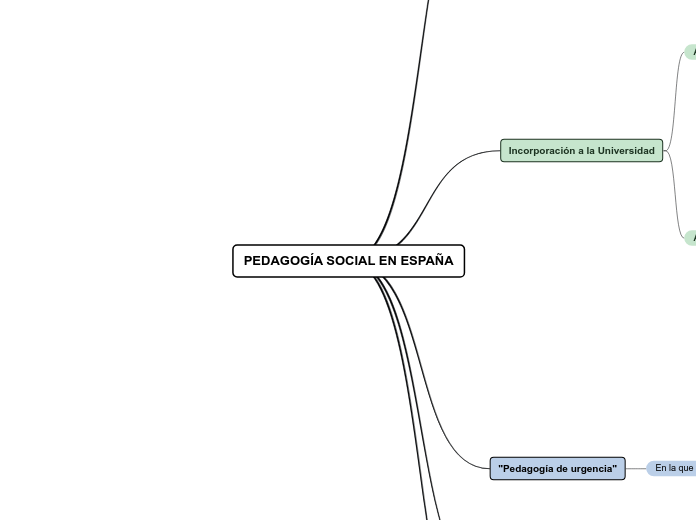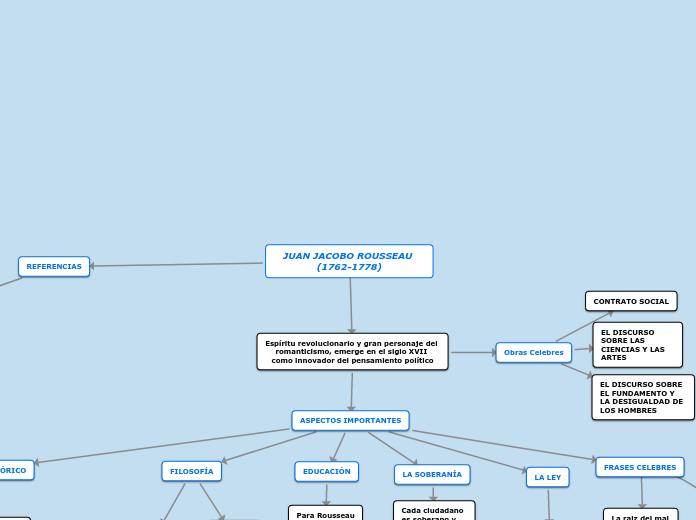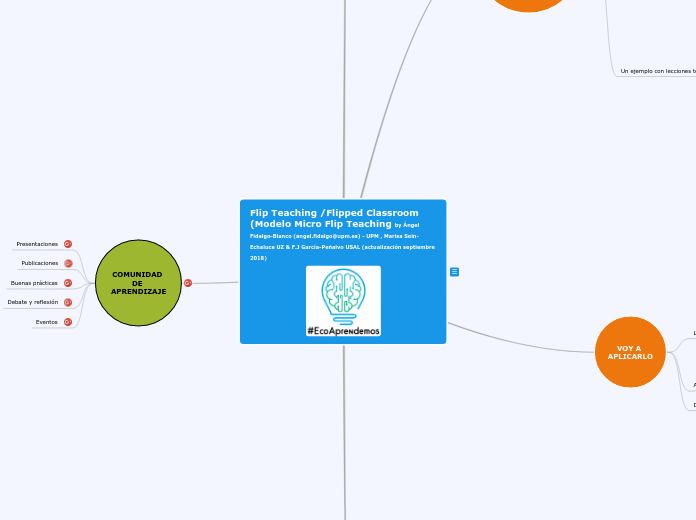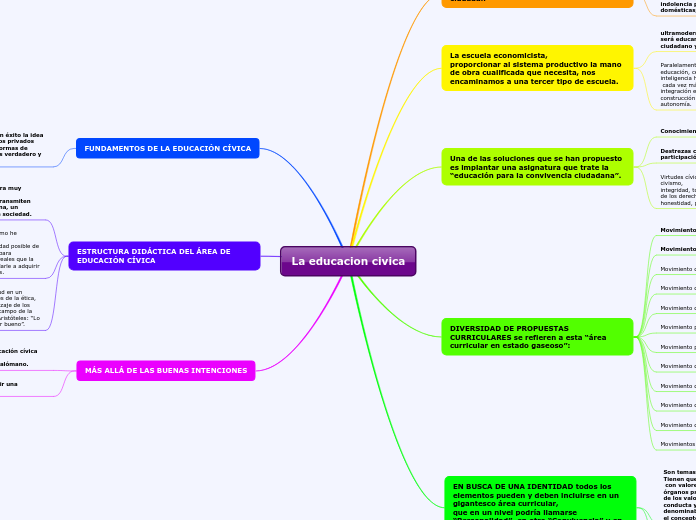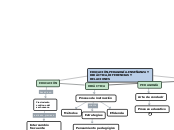PEDAGOGÍA SOCIAL EN ESPAÑA
To name your story, you have to think about the overall message and what you want your audience to understand from the story. Also, make it relevant and easy to remember.
Primeras publicaciones españolas
The ending of a story is essential. We all know that if the ending is weak, what happened before loses its importance. So make it unpredictable, but fair. A resolved ending answers all the questions and ties up any loose threads from the plot.
Ramón Ruíz
Rufino Blanco
María de Maeztu
María del Buen Suceso
This is the closure section of the story.
See examples of possible outcomes below:
- all problems have been solved
- it's clear how each one of your characters ends up
- your main character is transformed by the challenge
Concepción Arenal
This is the moment when the main character surpasses the last obstacle and finally faces their greatest challenge.
The climax usually follows one of these patterns:
- realization
- resolution
- choice
Type in your answer.
"Nueva" Pedagogía Social
No puede reducir su ámbito de acción al tratamiento de tradicionales problemas sociales
"Es la expresión con la que quiero significar una manera innovadora y distinta de hacer y entender la Educación Social. Se trata de hacer una Pedagogía Social crítica, comprometida con todos los espacios de la educación social, con los de siempre, con los de hoy y con los que están asomando a nuestra cambiante sociedad del siglo XXI”. (Petrus, 1997).
"Pedagogía de urgencia"
The middle of the story is where you add layers of complications that will lead to the end. Reveal more about the character's journey. Did their personality go through changes? How did they overcome the challenges? And as you build up the story’s central conflict, make it more personal to that character. Also, from the middle act, you have to lead into the final act.
En la que se fueron volcando áreas de atención específica
EDUCACIÓN ESPECIALIZADA
INTERVENCIÓN EN CONTEXTOS DE EXCLUSIÓN SOCIAL
EDUCACIÓN DE ADULTOS
EDUCACIÓN AMBIENTAL
EDUCACIÓN DEL OCIO
ANIMACIÓN SOCIOCULTURAL Y EL DESAROLLO COMUNITARIO
Incorporación a la Universidad
AÑOS 70 EN ADELANTE
A partir de los 80, la Pedagogía Social en España se ha desarrollado debido a factores de carácter social, político, económico y cultural
Otros
Democratización de la cultura y la educación
Generación pedagogía de ocio
Institucionalización de políticas sociales
Democratización de la vida política
Pedagogía influenciada por acontecimientos extra-universitarios
Experiencias de formación llevadas a cabo fuera de la Universidad
Período de crecimiento
AÑOS 40-AÑOS 60
Transición Española: se demanda un cambio en la forma de intervención
1968: reemplazada por Sociología de la Educación
1959: en las Universidades de Barcelona y Valencia
1954: se incluye en el plan de estudios de la sección de Pedagogía de la Universidad de Madrid
Régimen franquista
Comienzo de la Pedagogía Social
In the beginning of the story (or the exposition), you will need to introduce the setting and characters. You might also want to introduce the main conflict. This part of the story is important because it gives the reader necessary background information and maybe even a first insight into a character’s personality.
Dominada por tres paradigmas, da lugar a una
The setting (time & place) of a story can change throughout the plot.
Pedagogía Social crítica
Pedagogía Social fenomenológico-hermenéutica
Pedagogía Social empírico-analítica
Primer tercio del siglo XX, influencia del pensamiento y de la ciencia alemana.
Characters are essential to a good story. Usually, the protagonist(s) is/are the most affected by the plot. Introduce a character by focusing on their actions, interests, and occupation, as the physical appearance doesn't make a difference in most cases.
"La Pedagogía Social debería posibilitar una vida más plena y satisfactoria en comunidad..."
Aportaciones de autores como
Type in the name of your character.
Bergemann
Add other qualities/attributes of the character.
Barth
What is your character's main goal?
fight Evilfind lovedefeat his/her enemyrule the worldmake friendstime travelmake an awesome discoveryOther
Willmann
Which traits best describe the character's personality? Choose more if necessary:
introvertedloyalkindindependentquick-thinkingadventuresomeidealisticsweet-naturedcalmrisk-takercreativewittystrictfussyweirdclumsyharshaggressivecarelessclingingcowardlycrueldeceitfulimpulsiveOther
Natorp
Choose the type of your chacter:
Protagonist (main character)Antagonist (main character's opponent)Flat (stereotypical character)Round (his/ her personality develops throughout the story)Static (doesn't evolve as a person throughout the story)Dynamic (dramatical change in personality)Confidant (the main character trusts him/ her)Foil (contrasting character who enhances the personality of another character)Other
